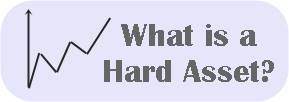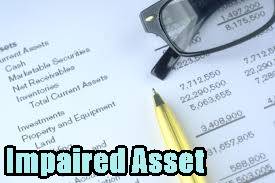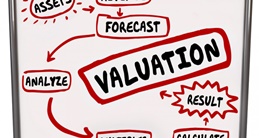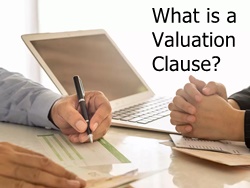What is Asset Valuation?
Asset valuation is a process of evaluating the present value or fair Market of assets with the help of book values, comparables, option pricing models or varying absolute valuation models, such as discounted cash flow analysis and more; these assets include investments done in marketable securities, like options, Bonds and stocks; tangible assets, such as equipment and buildings; or tangible assets, like trademarks, patents and brands.
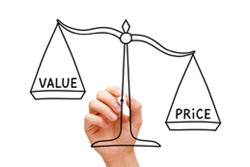
Explaining Asset Valuation
Asset valuation plays a vital role in finance. Often, it comprises both objective and subjective measurements. The fixed assets’ value of a company, also known as property equipment and plant or Capital assets – are simple to value on the Basis of their replacement costs and book values. But there seems to be no exact number on the financial statements to let the investors know the precise worth of intellectual and brand property of the company. Considering that the value of intangible assets could be difficult to measure and is subjective, companies may end up overvaluing their goodwill in acquisitions.
Talk to our investment specialist
Different Asset Valuation Methods
Fixed Asset valuation can be done in various ways by using a variety of methods, such as:
Cost Method
This one is the easiest way to evaluate asset. Generally, the cost method is executed by basing the value on such a price at which the asset was purchased.
Market Value Method
This method of market value is used to base the asset’s value on either the market price or the projected price when sold in an Open Market. When, in the open market, a similar asset is missing, the net realizable value method or the replacement value method are used.
Base Stock Method
The method needs a firm to keep a specific level of stocks whose value is evaluated on the basis of the base stock’s value.
Standard Cost Method
The standard cost method makes use of expected costs rather than the that is generally based on the past experience of the company. The costs are accumulated by recording a variety of actual and expected costs.
Example of Asset Valuation
Let’s take an example of asset valuation. In this instance, let’s try working out the Net Asset Value of Alphabet Inc., which is the Parent Company of Google. As per their posting on December 31, 2018, their figures were as follow:
- Total assets: $232.8 billion
- Total intangible assets: $2.2 billion
- Total liabilities: $55.2 billion
Now, the total net asset value will be:
Total Net Asset Value = Total Assets – Total Intangible Assets – Total Liabilities
= $232.8 billion –$2.2 billion –$55.2 billion = $175.4 billion
All efforts have been made to ensure the information provided here is accurate. However, no guarantees are made regarding correctness of data. Please verify with scheme information document before making any investment.



